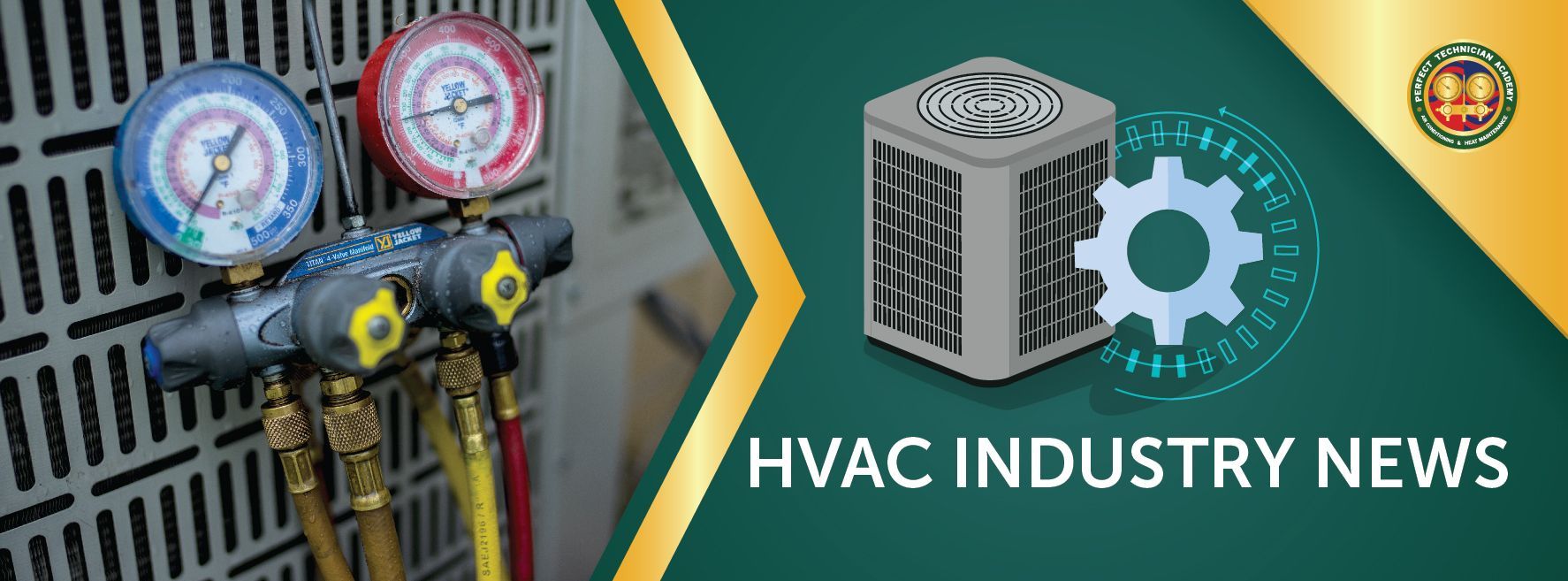Oftentimes what HVAC technicians misdiagnose as compressor failure actually has nothing to do with the compressor’s performance at all. Don’t make the mistake of replacing the most expensive part of an HVAC unit when that’s not the actual problem (that would be like putting a whole new engine in a car when you start to hear a funny noise)!
Instead, look for these other signs of a malfunction in the unit: The #1 cause of compressor failure by far is a lack of lubrication due to a loss of oil from overcharging. Before you charge a compressor, check for issues like air restrictions and collapsed ductwork throughout the house — this can cause a system to appear undercharged when it really isn’t (in reality, the lack of airflow is preventing the refrigerant from evaporating, which can then flood back into the compressor and damage it).
Dirty, clogged air filters and closed indoor vents can also cause a compressor to fail prematurely, so you should always check these components during regular HVAC maintenance. In the same way that too much refrigerant can damage the compressor, too little will also cause it to fail by wearing it down too fast and damaging the pumping mechanism. A few things to check are the suction line set for kinks and make sure the line set is the right size, and the metering device to make sure that you’re using the correct pin for the HVAC unit.
And lastly, make sure the system’s components go together because mismatching HVAC components that weren’t designed to work together into one system can lead to poor system performance, inefficiency, and eventually system failure.
Full article:
https://www.contractingbusiness.com/residential-hvac/why-do-residential-hvac-compressors-fail
